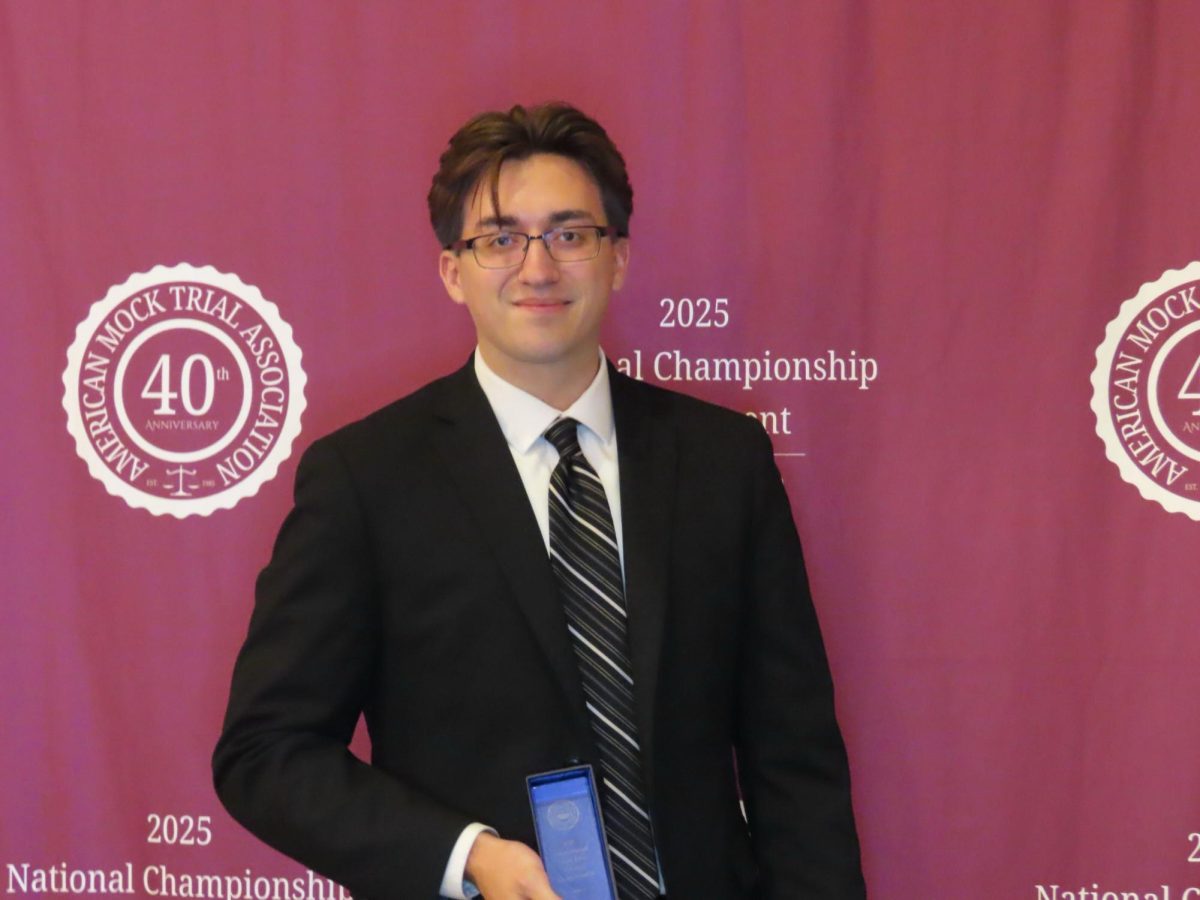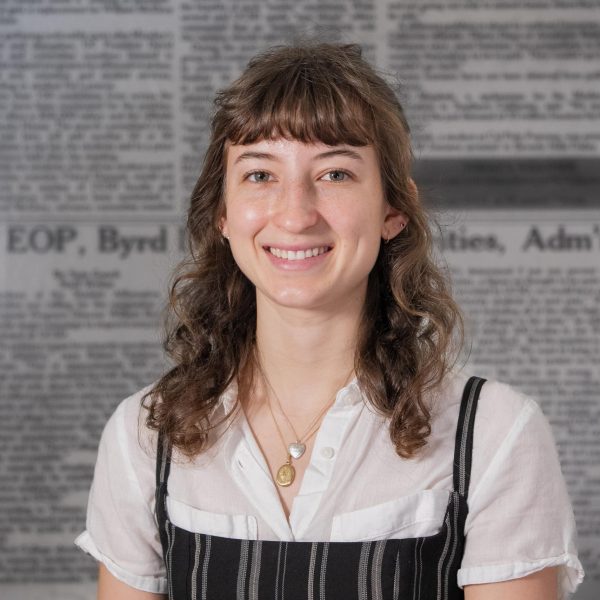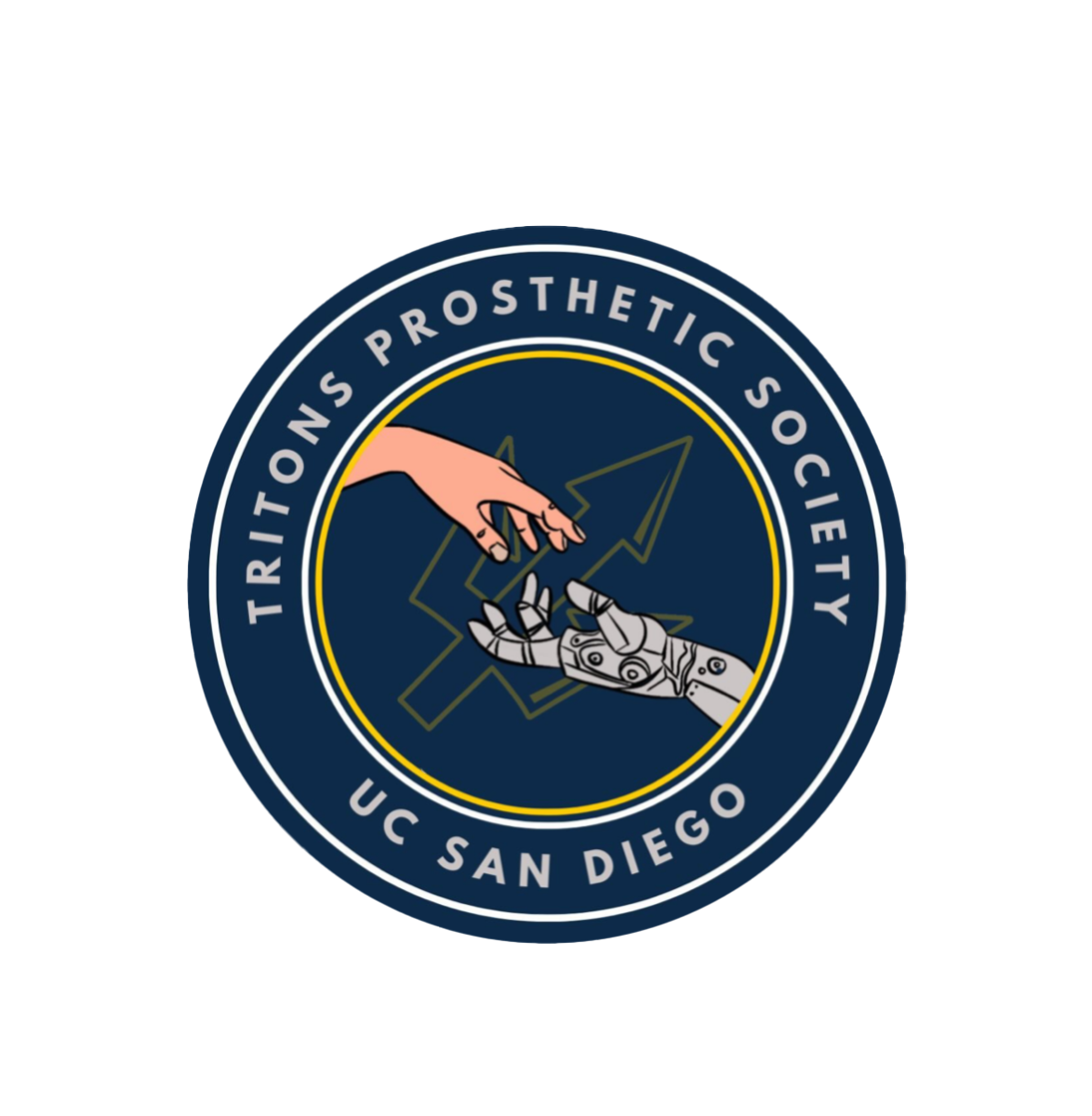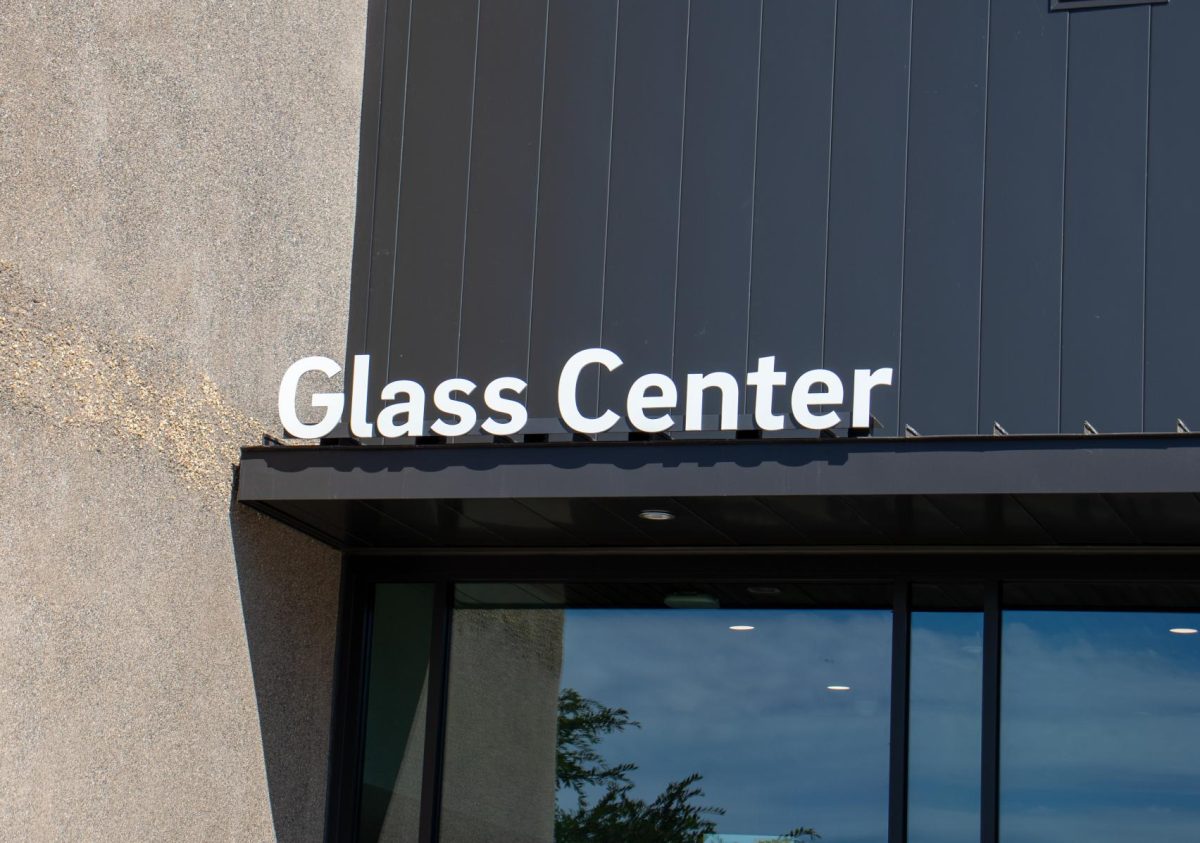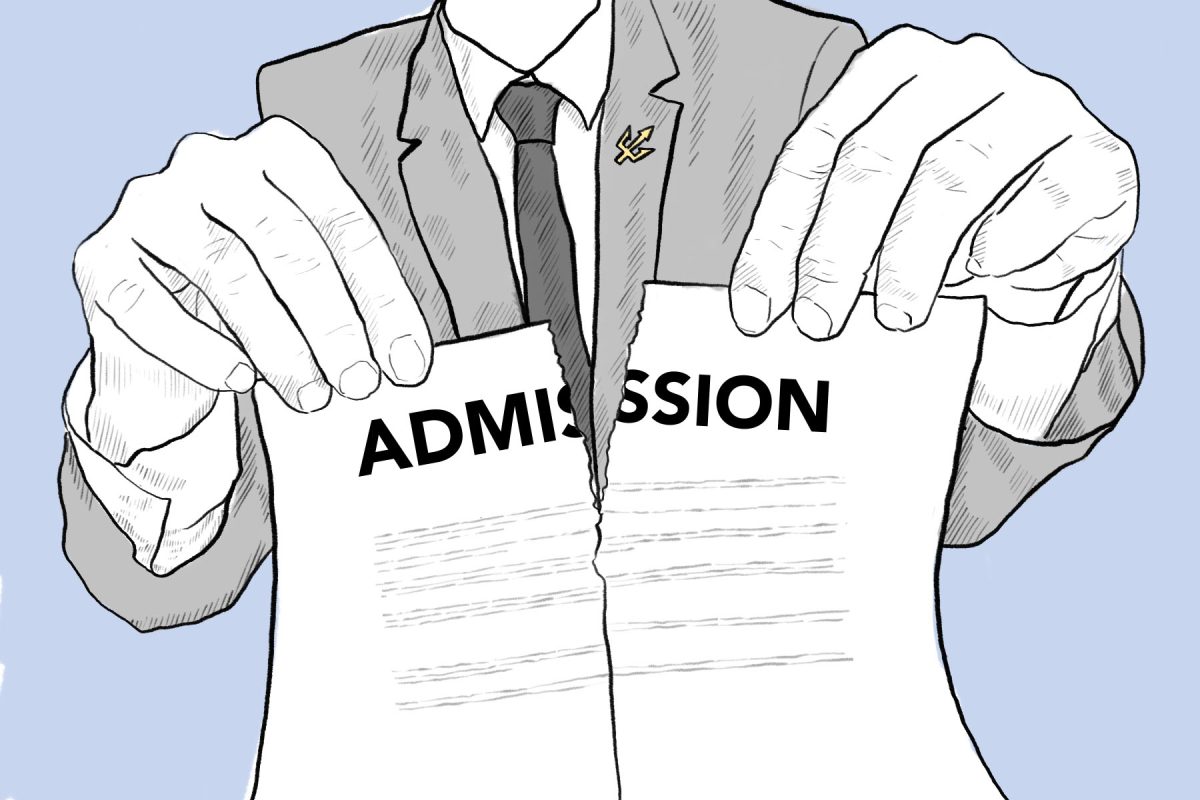As Tony Kissner walked to the witness stand of a Cleveland courtroom, he prepared himself to give a testimony that would determine who was liable for the death of a man.
The deceased was a bartender named Skyler Sinclair, who worked at the country club from which Kissner had been fired for drinking on the job. This had left the country club without anyone to manage the pinsetter in its bowling ball alley. The next time it broke, Sinclair’s attempt to fix it proved fatal: His tie slipped into one of the gears and strangled him. Now, Sinclair’s brother was suing the country club, trying to hold it liable for the death of his brother.
Kissner would be questioned about the intimate details of his life: his alcoholism, losing his job, and his presumed grudge against the club. His job as a witness for the plaintiff was to provide credible testimony of the club’s negligence, while simultaneously overcoming accusations of bias against the defendant. Remarkably, Kissner did just that. By playing the folksy, unpretentious guy from the South, he won the jury’s trust and earned ranks for the UC San Diego Mock Trial team at nationals.
Kissner’s unexpected credibility is all due to the talent of the man who played him at this year’s American Mock Trial Association National Championships: Santiago Larson, fourth-year Triton Mock Trial member. Kissner, the country club, and his coworker’s death are all fictional, part of a fake legal case invented by the AMTA for this year’s competition.
On April 4, Triton Mock Trial traveled to Cleveland, Ohio, to compete at the annual national championship for the first time in four years, earning one of 50 spots from a pool of over 700 teams across the country. At the tournament, these top mock trial teams act as attorneys and witnesses over the course of a weekend, memorizing the facts of a fictional case taking place in the imagined state of Midlands, designed specially for the nationals competition. Teams and individuals earn points, known as ranks, from real-life lawyers and judges who play the juries and judges in the case.
At this year’s competition, 31 ranks was enough to earn the title of “All-American Witness.” For his portrayal of Kissner, Larson earned 36 ranks, the highest among witnesses in the 2025 tournament. With this year’s win, Larson became the fourth-ever Triton Mock Trial member to earn an All-American award.
It was a long road to nationals. The mock trial season starts in the fall with invitational competitions, followed by regionals in the winter, and the Opening Round Championship Series, which determines who gets a spot at nationals. For all of these tournaments, the teams were practicing from a single case packet that was over 250 pages long. Three days a week, the team wrote and rehearsed opening statements, direct and cross-examinations, and closing statements, and then re-wrote them again and again until every detail was accounted for. Nationals is different; it is based on a new case the team members only get a few weeks to learn and memorize, testing how quickly they can memorize information.
A witness’s performance is judged on the credibility they are able to build with the jury during the direct and cross-examination. The direct examination is scripted ahead of time between the witness and their lawyer so all the important facts come to light. The cross-examination, where they are questioned by the opposing team’s attorney, is where a witness’s ability to stand up to pressure and think on their feet is tested.
At nationals, Mamus Ogolor, a two-time All-American attorney from the University of Kansas, cross-examined Larson. This made Larson nervous; an All-American attorney knows how to make a witness say what they want. Ogolor pressed him on whether Kissner had a plan for future employment, insinuating that Kissner hoped the lawsuit would tide over this stint of unemployment. But Larson used his wit and humor to distract from the question, responding, “I have concepts of a plan,” quoting President Donald Trump during a 2024 presidential debate. The reference entertained the jury and helped Kissner survive the cross-examination.
Though Larson feels stage fright before testifying, once he gets to the stand, the character he’s spent weeks practicing takes over, and his responses come naturally.
“When I come down from the stand and sit back amongst my team, they’ll tell me things that I said up there, and I’m like, ‘I said that?’” Larson said.
Larson’s performance didn’t only surprise himself; his win also shocked the crowd of mock trial teams at the tournament.
“Tony Kissner was not designed to be a witness that wins ranks,” Larson remarked.
He likened Kissner to a piece you sacrifice at the frontline in a strategy game. His team considered not even calling him to stand as his character was so easy to discredit.
But this kind of witness is Larson’s specialty. Co-team captain and Triton Mock Trial co-President Analisa Anderson said, “Santiago has a great skill and talent [for] taking witnesses that are very unlikable, very untrustworthy, and turning them into somebody that you can like.”
When Larson took the stand as Kissner, he donned a western outfit and a Southern accent.
“Trust me, I’ve begged my coaches to let me do a different accent, but they’re like, ‘It performs too well; this is all you’re going to get to do for the rest of your life,’” Larson said.
Larson first debuted the accent during his audition for mock trial, and his team credits it with making the disreputable characters he plays appear honest. The accent is inspired by Larson’s father, a Las Vegas performer who always had a Southern accent in his back pocket.
Larson grew up in Las Vegas, Nevada, flanked by billboards advertising law firms and listening to their catchy jingles on TV. As a kid, Larson always thought being a lawyer was the epitome of cool. He recalls dressing up in a suit and tie for Halloween, despite his mother’s disapproval.
“She was like, ‘Just anything else, please.’ And I was like, ‘No, I’m going to go sue people!’” Larson said.
Over a decade later, Larson still plans on pursuing his dream of being a lawyer — a county prosecutor, specifically — where he hopes to use his skills to argue for justice.
Larson attributes Triton Mock Trial’s recent success to a high retention rate and the dedication of its coaches. Having competitors return for multiple seasons has allowed the team to hit the ground running at the start of the year.
Larson is confident about the team’s continued success.
“Next year, we’re going to [nationals], no matter what,” he said. “But this time, we’re going to get farther.”



